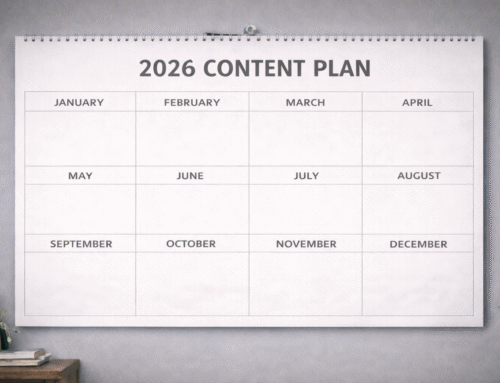If you’re a veterinary practice or business owner trying to attract more attention to your website, you know that search engine optimization (SEO) is important. SEO is all about choosing the right keywords—the words and phrases that your potential clients are typing into Google that help your website land higher in their search results.
But like everything else in technology, keyword strategies are endlessly evolving. And with the arrival of artificial intelligence (AI) in search results, it’s easy to feel—well, outsmarted.
In this post, we’ll review the definition, purpose, and relevance of keywords, how to find the right ones using online tools, and how AI is changing the rules in 2025.
What we know about SEO
SEO keywords are the common phrases or words people type into search engines when they’re looking for something online. They can include broad topics like “dog breeds” or be location-specific queries such as “exotic pet veterinarians near me.”
While the Google algorithm—a combination of factors that raise your website’s ranking and determine where it is displayed on a search results page—can be complicated, keywords are straightforward. If your site features the right keywords in your blog posts, summaries, or product descriptions, it will get better visibility in search results.
Why keywords still matter (even with AI)
Of course, even the search results page looks different these days. Instead of the familiar list of hyperlinked site names and brief descriptions, you find AI-generated answers (e.g., Google’s AI Overview), fewer links on the first page, and more featured content such as videos and images, and a section on related searches.
This new view can prompt users to ask, ”Does SEO still matter?”
It does, but you’ll need to be more strategic than ever. While AI now holds the coveted spot at the top of the search page, search users are still clicking on website links for more detailed information—making SEO worth the effort to drive traffic to your page.
Finding the words: Recommended tools
You don’t need to be an SEO strategist or tech expert to find the right keywords—you just need the right tools. Here are a few of our favorites and some tips on when and why to use them.
Start your search where you want to rank! Run sample searches on keywords and phrases your target audience may use. As you do, scan the auto-complete options. These are popular search suggestions that you can use as keywords or keyword phrases. Browse “People also ask” for ideas on what to incorporate in blog posts and FAQ sections of your website. Finally, check out the related searches section at the bottom of the page for ways to expand your reach.
Clearscope or ContentAced

These subscription-based tools help you optimize your website content around specific keywords—perfect if you already know what you want to rank for, like “dog bakery in San Jose” or “acupuncture for cat anxiety.” Clearscope and Content Aced analyze the top-performing pages for your keyword and suggest blog details such as:
- Topics and subtopics to include
- Related keywords to increase your ranking
- Ideal word count and reading level for your audience
AnswerThePublic
AnswerThePublic is a free online tool that gathers information from autocomplete searches to show what users are looking for online, based on your keyword or topic. This can help you deliver specific, useful content that not only boosts your rankings but also establishes your brand as relevant, helpful, and trustworthy.
Personal experience
While you may not be a marketing expert, you have a long, established history as a consumer. Step into your target audience’s shoes and ask yourself what you might search for if you needed this service, business, or information. Yield more keyword ideas by thinking about your clients’ common challenges and questions.
The elephant in the room: How AI is changing search
Google’s AI Overview provides instant answers to user questions without needing to click on a link. While this hasn’t completely overshadowed the lowly website (yet), it can affect rankings and stop users from even glancing at true search results.
Fortunately, Google and AI Overview still prioritize websites that feature high experience, expertise, authoritativeness, and trustworthiness (EEAT). This means deeper, more helpful content that showcases your knowledge base and adds value to the online experience is still favored over run-of-the-mill or AI-generated content.
Stay in Google’s good graces by:
- Using targeted keywords naturally
- Sharing specific, helpful, experience-based content
- Answering real consumer questions
- Covering niche topics that AI can’t easily replicate or summarize
- Showcasing your trustworthiness through client reviews, testimonials, and case studies
Strategies change, but good content always wins
With the rise of AI, SEO isn’t dead—but it is different. Knowing how to select the best keywords, identify untapped niche phrases and categories, and provide greater value to your audience can help you stay competitive in a game where the rules are always changing.
Need help understanding what your customers are looking for, finding a fresh angle for your content, or simply want to hand over the reins to a team that gets it? Help is here. Get in touch with the Rumpus team to discuss your needs.








Leave A Comment